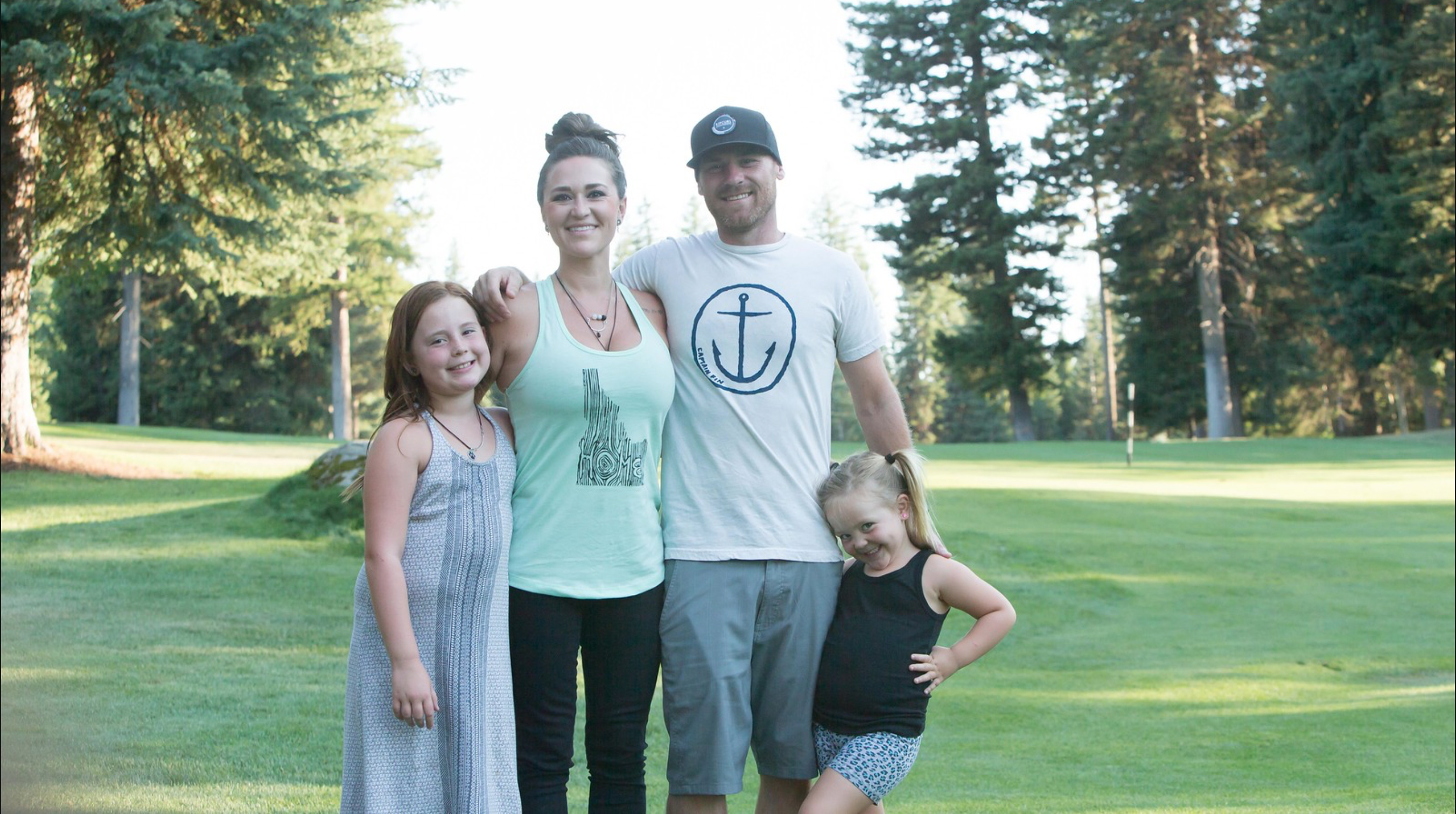Pocket Squares & Selflessness: This is What Recovery Looks Like

By Stephanie Dawson Pack, MEd, PR/Marketing Assistant, University of Utah College
of Social Work
It’s 2:00 on a weekday afternoon. I’m sitting across from a man dressed to the hilt—suit, tie, polished loafers, pocket square. His look could easily fit in any practiced corporate setting I’ve been to. Stereotypes say we should be there to discuss profit margins or consumer profiles. Instead, we’re here to discuss recovery. Specifically, Chris’ recovery.
His recovery began the moment he hit rock bottom: standing in an empty parking lot, 29 years old, 11 years struggling with substance misuse, in and out of the criminal justice system and recovery centers, and attempting suicide by cop. He’d had low moments before, but for him this was the event that moved him to turn his life around. Half a dozen years later, Chris is about to graduate from the University of Utah College of Social Work (CSW) with a Bachelor of Social Work degree, a CSW cumulative 3.84 GPA, pursuing his substance use disorder counseling license.
“The [Substance Use Disorder Treatment Training Certificate (SUDTTC)] Program approaches addiction from every angle,” Chris explained. Coursework includes the neurochemistry of the brain before, during, and after substance use, statistics in models of addiction, counseling development, the impacts of governmental policy, and life skills development, in addition to training in numerous specific therapies. “Their multifaceted approach has helped me gain a thorough understanding of how to treat, assess, and help those with substance use disorders.”
Unfamiliar with 12 step programs, I asked Chris to briefly explain the philosophy behind substance use disorder treatment.
Most addiction treatment programs, Chris explained, are rooted in the idea that addiction is selfish. The disease of addiction is linked to the inability to look outside and beyond oneself to understand the greater consequences of what their actions mean. And the antidote is selflessness. The biggest part of maintaining personal recovery is to get out of one’s self and into community, said Chris. And what better way to give back than by helping others get out of the same pit from whence one came? No one understands the dark hole like someone who’s been there.
When people get sober, Chris said, they want to help others get sober. The SUDTTC program provides a manageable way for people in recovery to do this. In a transition that is, at best, daunting, the SUDTTC Program offers an avenue for former users to gain an education. With flexible night classes and tuition assistance, this is a realistic way people in recovery can help others seeking sobriety. “Having been in that dark hole, this is the specific population I want to help,” said Chris. “I have compassion and passion for helping people that have experienced life as I have.”
The views and opinions expressed on the interACTION blog are those of the authors and do not necessarily reflect the official policy or position of the University of Utah or the College of Social Work.
